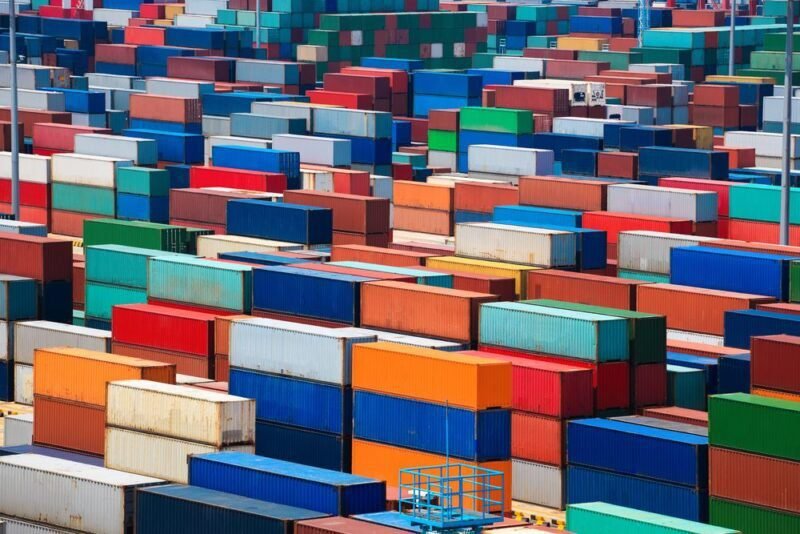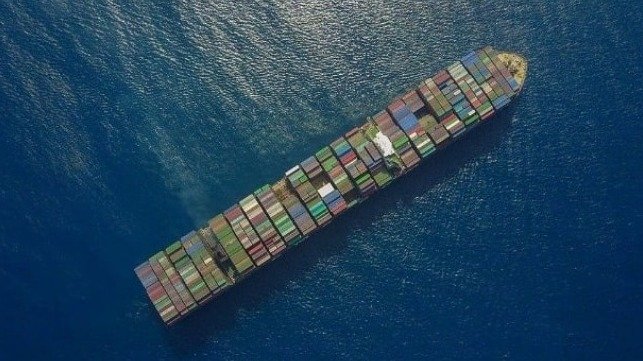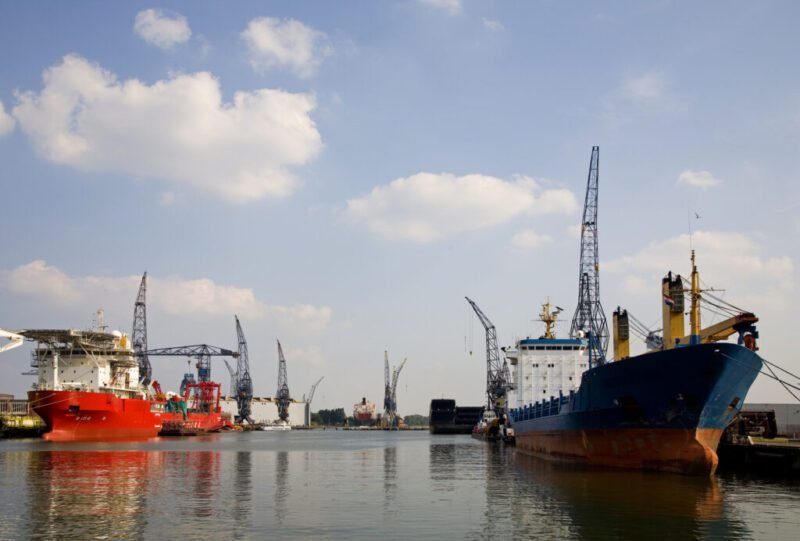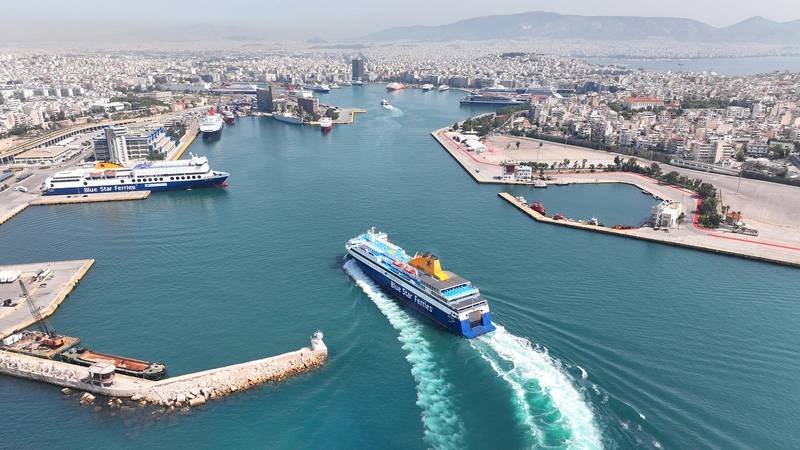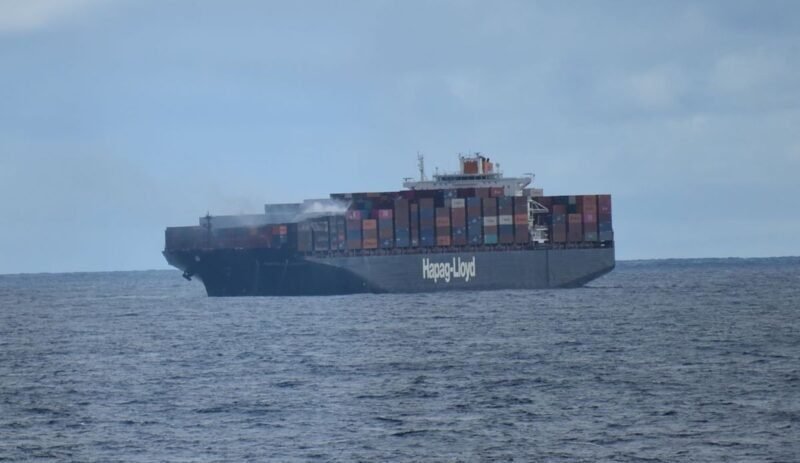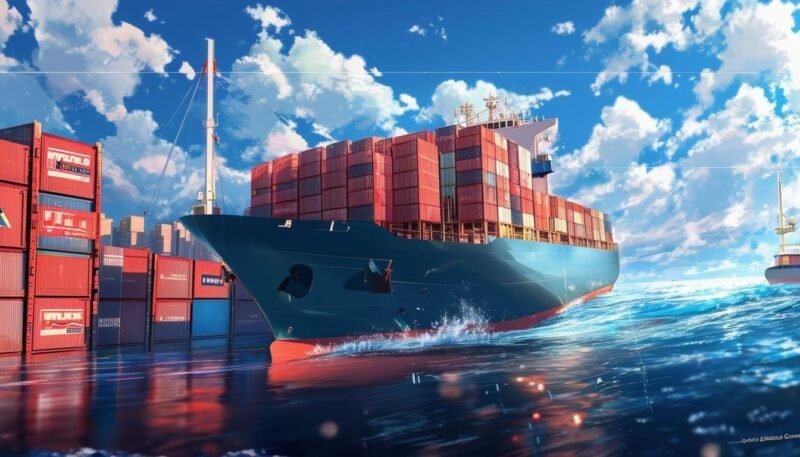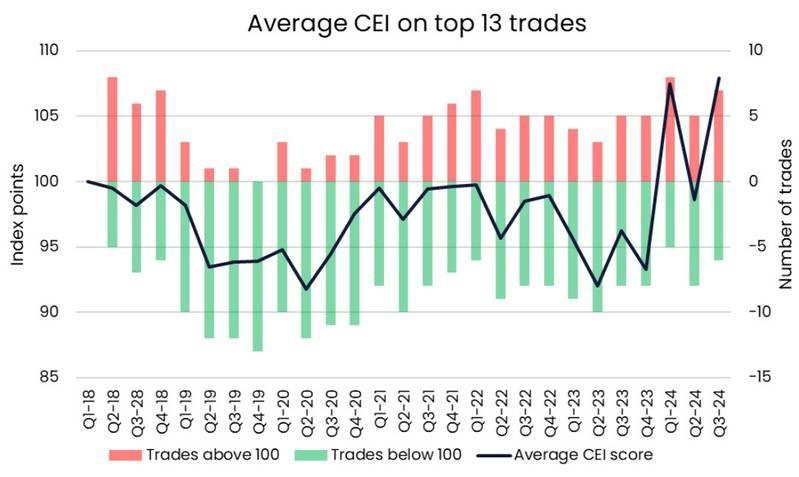The aftermath of the pandemic has led to a shipping crisis, causing disruptions and uncertainty in global trade. Companies like Globe Electric have learned to adapt to the challenges by becoming more agile in procurement and utilizing technology to make better decisions. The impact of rising transport prices is expected to put upward pressure on inflation, posing a challenge for central banks around the world.
Importers are already feeling the effects of increased costs, with some considering moving production closer to home to mitigate risks. Companies like COE Distributing and Lalo are seeing the impact on their bottom line, with potential price increases for consumers looming. European companies are also feeling the effects of the shipping crisis, with disruptions in the Red Sea leading to higher transport costs and delays.
While there are signs that the shipping crisis may be reaching its peak, potential shocks such as port congestion or labor unrest could further disrupt global trade. Companies like Globe Electric remain cautiously optimistic about the near-term outlook but acknowledge that discussions about price increases may be necessary if the crisis persists. The ongoing challenges in the shipping industry highlight the need for companies to be prepared for disruptions and to have contingency plans in place.


